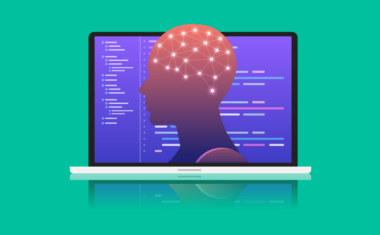13 AI Skills To Jumpstart Your AI Career in 2023

In this article
In the next decade, the demand for artificial intelligence specialists is estimated to grow by 36%. And that’s on top of the massive growth that the field has seen in the past few years. Salaries in fields that employ AI, including data science, often exceed six figures, even for entry-level roles, and so it’s a great time to invest in a future in AI.
To launch a career in AI, you’ll need in-demand skills to get your foot in the door, and learning these skills can be done quickly and efficiently, but only if you know where to focus your studies.
That’s why we’ve created this guide. Below, we’ll tell you about the thirteen most in-demand AI skills so you can jumpstart your career and cash in on AI’s lucrative future.
Are There Any Must-Have Skills for a Career in AI?
Yes. To understand how artificial intelligence works and how it’s utilized, you must have a solid understanding of certain mathematical concepts. Bespoke AI solutions are in demand, and so AI programming skills are essential too.
For AI-focused roles like data scientists, machine learning engineers, and robotics engineers, there are quite a few must-have skills. To be involved with the development of AI, you need to understand mathematical concepts like probability and statistics and computing concepts like programming languages and neural networks.
Technical Skills for a Career in AI

The field of AI is progressing rapidly, with new technology always emerging. To keep up with the latest trends and utilize them in your work, technical skills are a must.
Programming Languages
Although low-code AI software is growing in popularity, most businesses with dedicated AI teams will need custom-made systems to achieve their goals. This requires knowledge of one or more of the following programming languages.
Python
Python is one of the most widely-used languages in the world and is particularly popular in the fields of AI and data science. Professionals use Python for deep learning, neural networks, data mining, and data visualization.
Related Read: 15 Best Python Libraries for Machine and Deep Learning
Java
Java is commonly used for AI-related tasks like genetic programming, procedural programming, and intelligence programming, which help guide AI systems. It’s also used for search algorithms and multi-robot systems.
Related Read: Which is Better for AI: Java or Python?
C++
C++ is a low-level language used to develop advanced elements of AI, like artificial neuron models and neural net functions. The core of an AI program is often written in C++ because it’s good for high performance and speed.
Julia
Julia is popular for machine learning because it’s highly performant and has many machine learning packages available. It’s also used for data visualization and data analytics.
R
Commonly used in machine learning, R is popular for AI-related tasks involving numerical analysis, statistical computations, and neural networks. However, it’s primarily designed for working with data science.
Scala
Scala is useful for dealing with complex algorithms and large data sets, making it a great tool for machine learning. The language is currently growing in popularity, with more and more machine learning and AI-related libraries becoming available.
Machine Learning Algorithms
Machine learning algorithms take data and transform it into a model. They’re used to solve regression and classification problems and are a must-know for anyone working in AI.
Deep Learning and Neural Networks
A neural network is a computer system designed to mimic how the human brain works. It teaches the computer to process data in a way that’s similar to how we think, and we use it to develop deep learning algorithms. While not every AI-related role will involve working with neural networks, it’s important to understand the processes behind them and why they’re important.
Data Engineering
Artificial intelligence has many uses, but most businesses use it to bolster their data science and analytics. Using machine learning algorithms, businesses can make predictions about their market, their competition, and just about any new venture they want to try. If you want to work using AI rather than developing AI, your role will likely be strongly linked to data engineering. (Learn about the top data engineering courses and how to choose one to grow your skills in this post)
Big Data Analytics
To make complex predictions, machine learning requires a very large amount of data. As the amounts of data used continue to grow, different techniques and technologies are needed to scale the data analytics systems accordingly.
Mathematics and Related Concepts
Advanced areas of AI, such as neural networks and deep learning algorithms, are built according to mathematical concepts like linear algebra, calculus, statistics, and probability. For some AI engineers, mathematical skills are essential and used every day, while other roles require a solid understanding but won’t work directly with it.
Data Visualization
AI and machine learning are commonly used to answer questions using massive data sets, and those answers need to be visualized in order to communicate your findings to non-technical stakeholders. Creating charts and graphs that highlight the information you’ve uncovered in a digestible way is an important skill for many professionals working with AI.
Soft Skills for a Career in AI

Technical skills, while important, aren’t everything. AI professionals need to have the right mindset and attitude as well as the right knowledge to thrive in the industry.
Critical Thinking
Critical thinkers are good at spotting mistakes and inefficiencies in whatever is in front of them. The trick is to question and analyze the information you get rather than accepting it at face value and decide if there are any improvements you can make or big questions that need to be asked. Critical skills can be applied across your career, from technical problems to managing teams and projects.
An Eye for Detail
AI programs are complex creations; optimizing them is a job for very detail-oriented people. Something might work, but by taking the time to go over it in a bit more detail, you may find ways to make it work better.
Curious and Creative Mindset
There’s no one way to build the best AI, and as technical as the field can be, it’s also very creative. AI engineers must constantly think outside the box to determine how an answer can be reached using the set of tools available.
Working Under Pressure
Particularly when it comes to AI used in predictive business analytics, producing up-to-date insights at the right time is very important. Many data scientists work against tight deadlines to get stakeholders the answers they need when they need them. This requires the ability to work under pressure and not let time constraints affect your concentration.
Teamwork and Cooperation
As is the case in most professional roles, soft skills in teamwork and cooperation are key. When you’re working on big projects drawing from big data, you’re never working alone. You must use communication skills to align and sync with multiple people and teams to keep progressing efficiently.
Morality and Ethics
The most pressing ethical issue in relation to AI is privacy and surveillance. To gather the data needed to generate more powerful and valuable insights, more of what the public does needs to be recorded. It’s important to keep these issues in mind, as what you’ve worked on in the past can affect your reputation and the places that will want to work with you in the future.
Popular Tools To Know for a Career in AI
Programming skills are important in AI, but no one is expecting you to write every line of code you need from scratch. Libraries and software are essential tools for AI professionals, and there are many out there to help you develop your skills. Here are some of the most commonly used tools:
TensorFlow
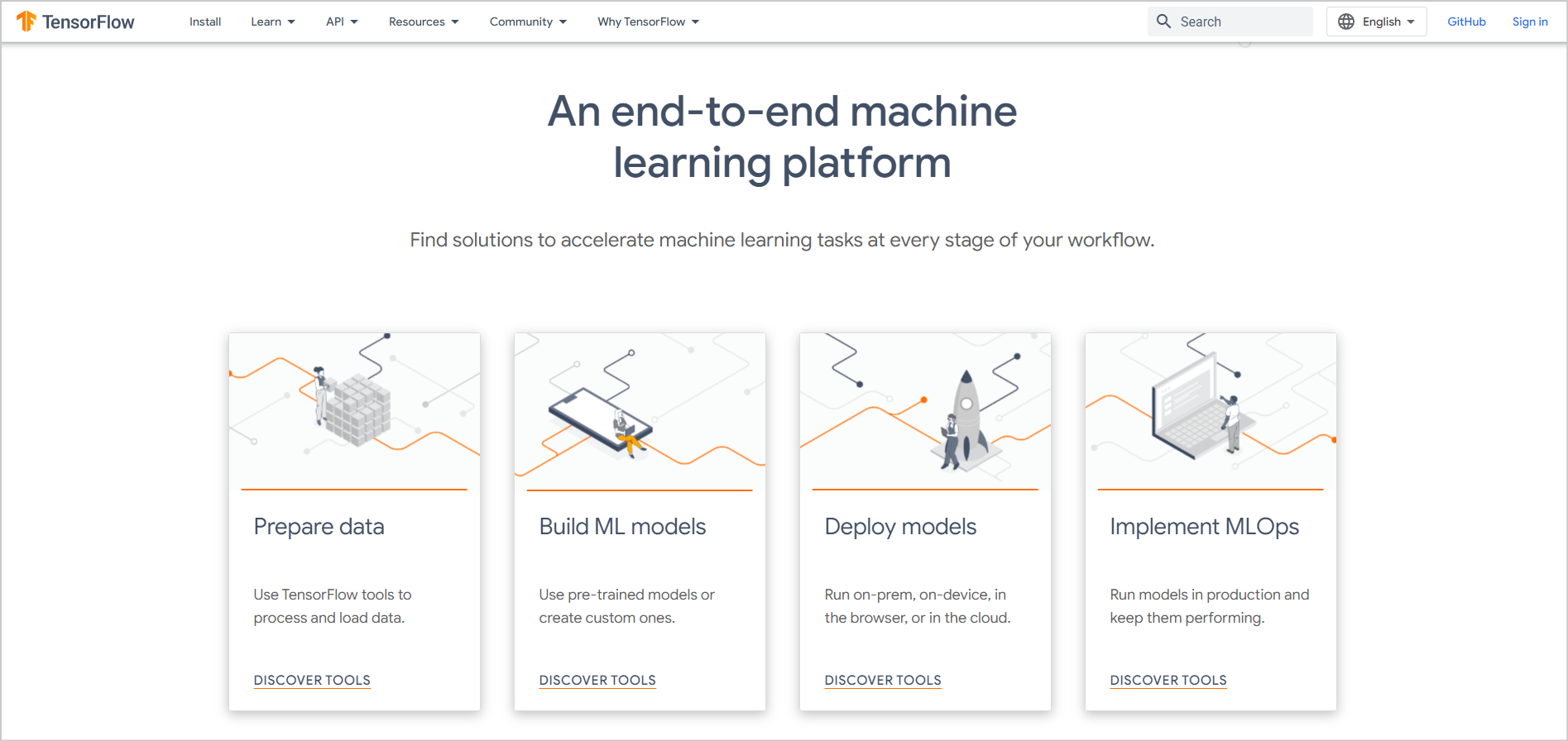
TensorFlow is a Python library that helps AI professionals create production-grade deep learning models more quickly and easily. You can find pre-trained models, or build and train your own while participating in an active community.
Related Read: Tensorflow 1.0 vs. Tensorflow 2.0: What’s the Difference?
PyTorch
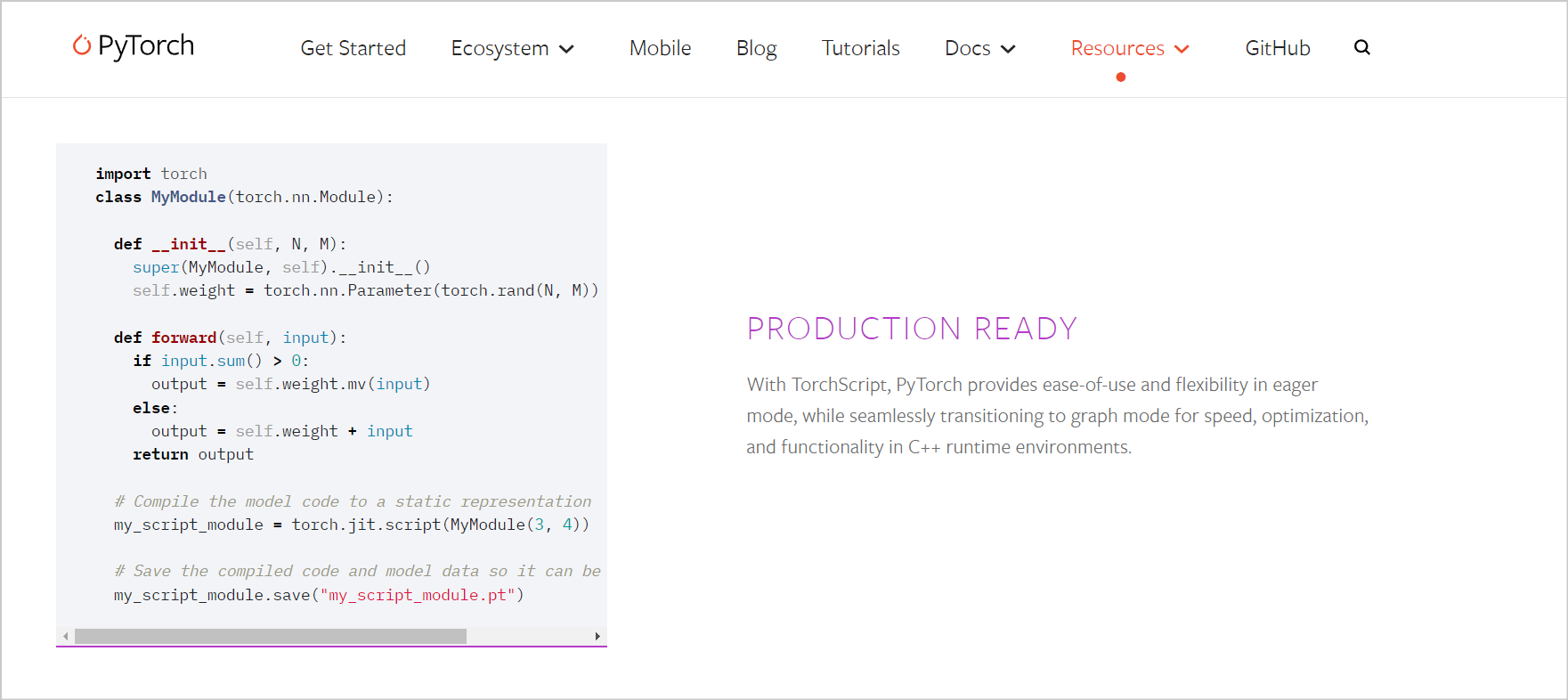
Used by organizations like Amazon and Stanford University, PyTorch are an open-source machine learning framework and deep learning library. It can be used either with a Python or a C++ frontend and has natural language processing and cloud support.
Keras
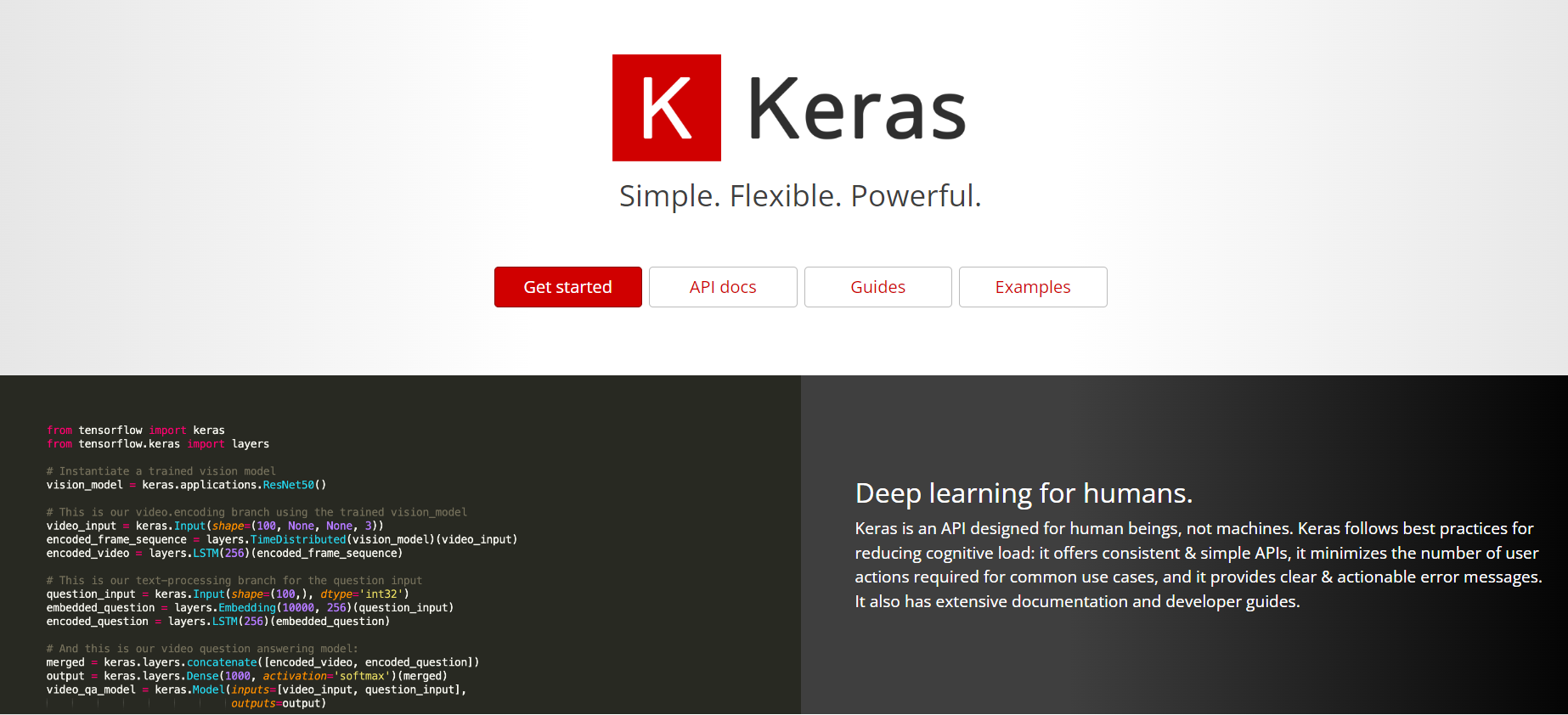
Keras acts as an interface for the TensorFlow library and works as an API that allows users to interact with artificial neural networks using Python. It focuses on simplifying the process of working with neural networks, including implementing clear error messages.
scikit-learn
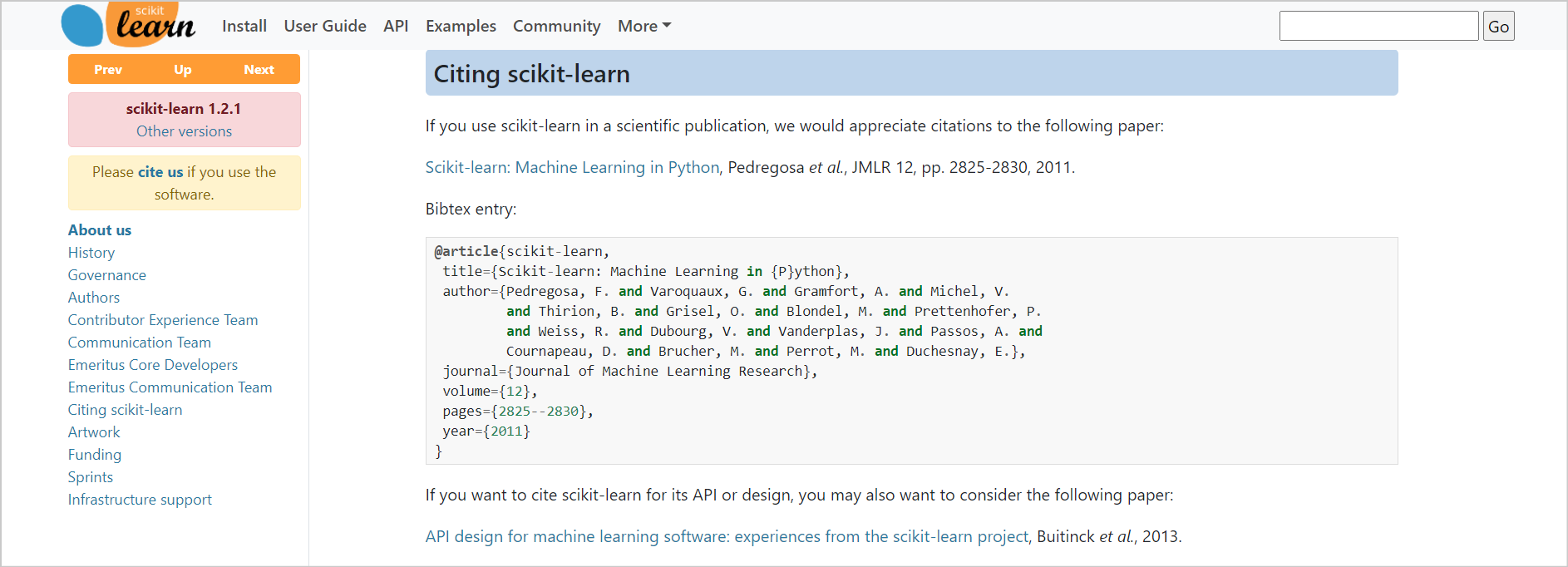
This is a machine-learning Python library with simple and efficient tools for performing predictive data analysis. It offers supervised and unsupervised learning algorithms, cross-validation, and ensemble methods.
Tableau
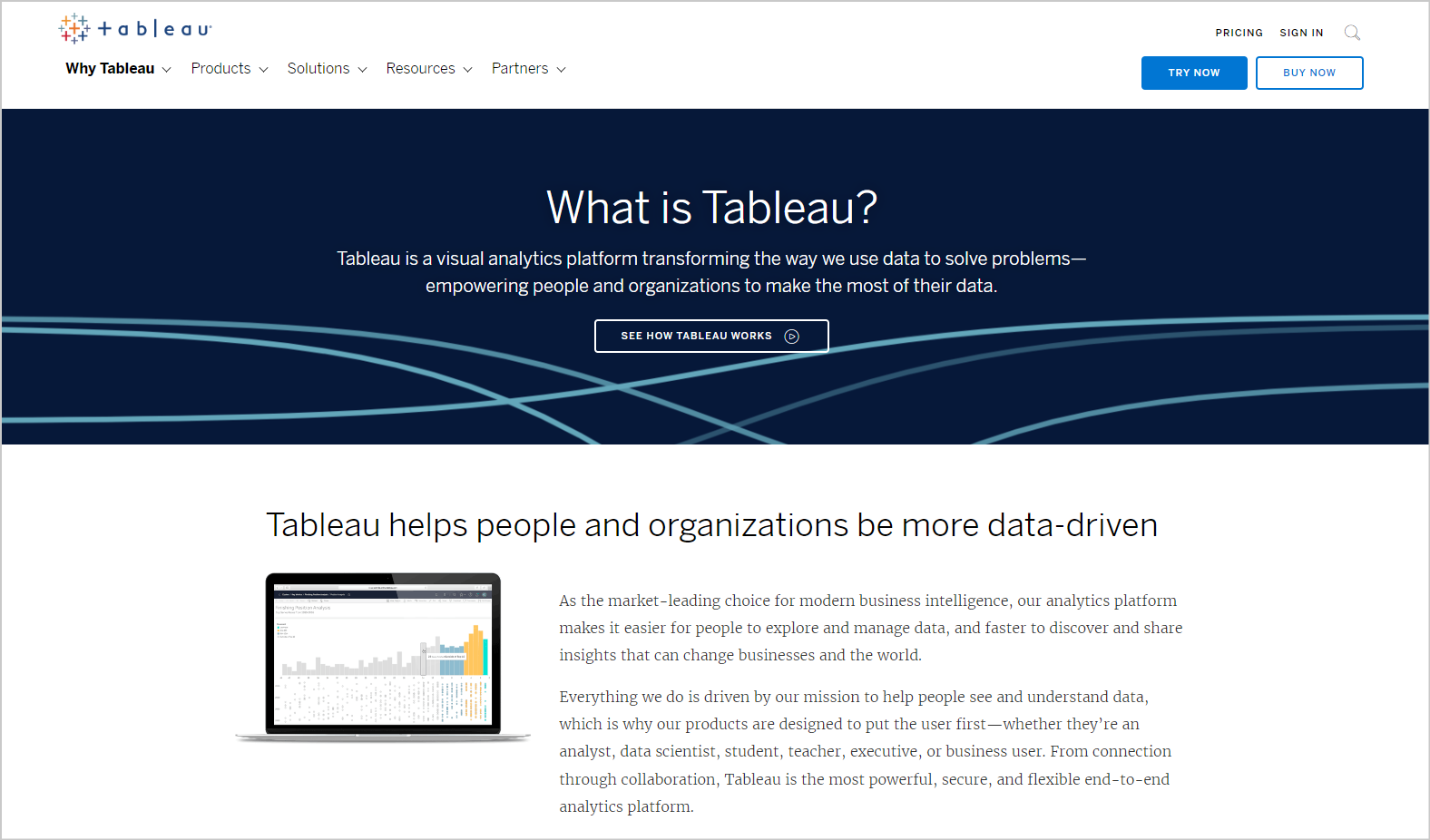
Tableau is a low-code analytics and visualization platform by Salesforce. It’s designed to be usable by a range of different roles, such as analysts, executives, IT, and business users.
What Are the Different Types of AI Jobs?
There are various different career paths associated with AI, from those who develop it to those who utilize it. Here are some common role titles that involve AI-related skills:
- Machine learning engineer
- Data scientist
- Business intelligence developer
- Research scientist
- Big data engineer
- Software engineer
- Software architect
- Data analyst
- Robotics engineer
- NLP (natural language processing) engineer
Get To Know Other Data Science Students
Jasmine Kyung
Senior Operations Engineer at Raytheon Technologies
Meghan Thomason
Data Scientist at Spin
George Mendoza
Lead Solutions Manager at Hypergiant
How To Develop (or Improve Upon) Essential AI Skills
One trait of a successful AI professional is being a continuous learner. To keep progressing in your career and keep up to date with developing technologies, both students and working professionals need to keep learning.
Explore Online Resources
Online educational content is one of the easiest and most accessible ways to incorporate study into your everyday schedule.
Blogs
Popular industry blogs like Towards Data Science and Machine Learning Mastery are great sources of news and information on artificial intelligence that are easy to keep up with.
Online Courses
Sites like Udacity and Coursera host thousands of online courses perfect for professional development. From 5-hour mini-courses to 20-week curriculums, you can expand or focus your knowledge on a range of AI-related topics.
Podcasts
For engaging conversations on the topic of AI, become a listener of shows like AI in Business or The AI Podcast to keep up to date on news and developments.
Enroll in a Bootcamp
Bootcamps provide flexible, practical education in various tech fields, including AI and machine learning. They’re perfect for beginners who want to learn the skills they need to kickstart a new career. Springboard’s machine learning bootcamp is even backed by a money-back job guarantee.
Volunteer Your Services
Contributing to open-source projects, or helping a start-up business as an intern, are both great ways to build experience and develop your skills. Whether you’re studying or working, extracurricular activities are a productive use of your free time.
Immerse Yourself in the AI Community
Developing your skills is just one part of becoming a successful professional. It’s also important to get involved in the community, learn from others, and make yourself known. Here are some types of networking you can get involved in.
- Network on LinkedIn
- Join online communities
- Follow experts on social media
Find a Mentor
Mentorships don’t have to be official, but having a senior figure to ask advice from and show your work to is invaluable for a junior in the AI industry. You can find potential mentors at school, work, or in online and offline communities.
Keep Up With the Latest Trends
The world of AI is fast-moving, so keeping up with the latest trends is essential for career progression. Following trends will also help you discover new fields and niches you’re interested in so that you can develop your domain knowledge and become a valuable team member.
AI Skills FAQs
We’ve got the answers to your most frequently asked questions.
Do I Need Coding Skills To Work in AI?
Being able to work with various programming languages and operating systems is an essential skill for most AI-focused roles. While some positions that utilize AI can take advantage of low-code solutions and software, most roles within dedicated AI teams or departments will require coding skills and analytical skills.
What Programming Language Should I Learn First for a Career in AI?
There isn’t one correct answer to this question, but there are languages with long-standing popularity with new learners. If you’re new to both, programming and AI, Python is one of the most beginner-friendly languages to start with. If you’re an experienced coder getting into AI, C++ is a great language to learn or improve your skills in.
Is Python or C++ Better for AI?
Python and C++ are used for different areas of AI. Python is a high-level language with simple syntax. It has many AI, machine learning, and data science libraries that professionals can utilize efficiently and intuitively. C++, on the other hand, powers many Python libraries, as it’s a low-level language used for high performance and speed. Many internal workings of an AI program, like its neural network, are written in performant C++. The best language for you depends on the area you’re interested in.
Can I Pursue a Career in AI Without a Degree?
College degrees are still common for roles like data scientists and AI engineers, but you don’t necessarily need one to develop the skills you need. Self-study, online courses, bootcamps, and other options can all help you develop your technical knowledge and analytical skills. Once you’re able to participate in engineering projects, you’ll be able to develop a portfolio that many employers will be happy to look at.
Related Read: Is AI Hard To Learn?
Since you’re here…
Curious about a career in data science? Experiment with our free data science learning path, or join our Data Science Bootcamp, where you’ll only pay tuition after getting a job in the field. We’re confident because our courses work – check out our student success stories to get inspired.



